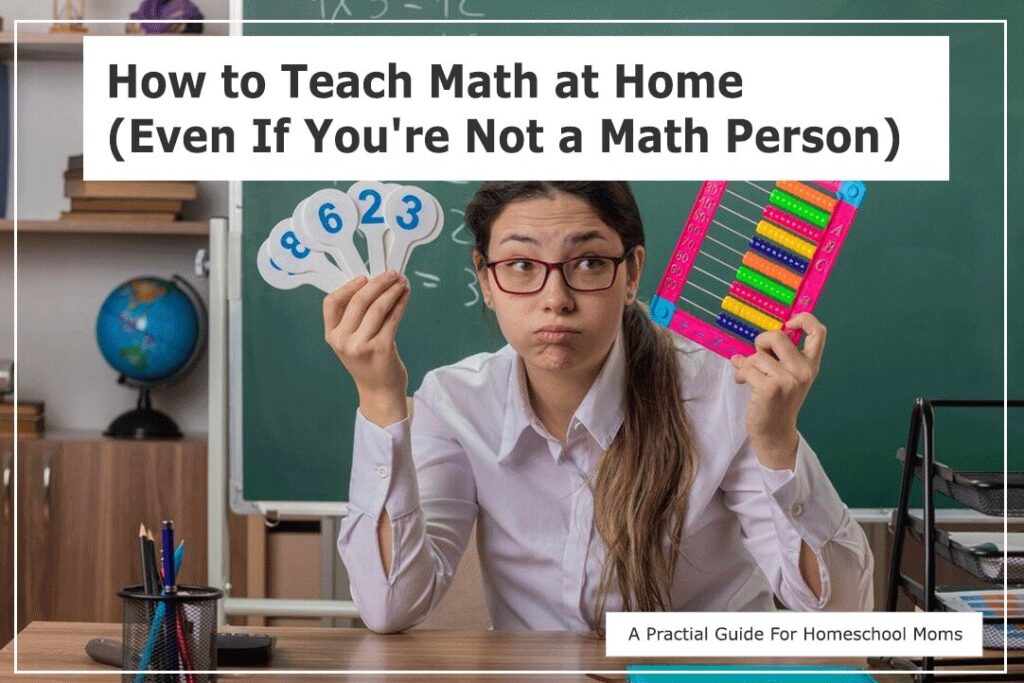How to Teach Math at Home (Even If You're Not a Math Person)
A Practical Guide for Homeschool parents
Are you homeschooling your kids and feeling nervous about teaching math? You’re not alone. One of the most common things I hear from parents is: "I'm just not a math person. How can I possibly teach it?"
Here's the good news: you absolutely can teach math at home, even if math wasn't your favorite subject in school.
1. Short lessons go further
Instead of long, frustrating sessions, aim for 15–20 focused minutes a day. Kids retain more when they aren't overwhelmed or burned out. A shorter session allows their brain to stay engaged and curious. You’ll avoid battles and leave them wanting more — a great place to stop! The goal is consistency and momentum, not cramming.
2. Use hands-on tools
Math doesn’t have to be all worksheets. Measuring cups in the kitchen can teach fractions and ratios; building blocks make area and volume come to life. Clocks, board games, and grocery store price comparisons are all opportunities for real-world math. When kids see how math shows up in everyday life, it becomes meaningful. Hands-on tools make math tangible and fun — especially for active learners.
3. Stay curious
If you hit a tough problem, don’t panic. Take a breath and say, “Let’s figure this out together,” even if you’re unsure yourself. That simple shift shows your child that learning is a process, not a performance. Modeling a growth mindset helps them develop perseverance and flexibility. You’re teaching them that mistakes are part of the journey — not a dead end.
4. Pick a curriculum that fits your child
Every child learns differently, and there’s no one-size-fits-all math program. Some kids thrive on visuals, others need games, movement, or video explanations. If something isn’t clicking, don’t be afraid to switch it up. The right curriculum can make a world of difference in your child’s attitude and success. Start where they are, and build from there.
5. Celebrate progress over perfection
Even small wins deserve high-fives — finishing a lesson, solving a tough problem, or just showing effort. When kids feel successful in math, they build confidence that spills into other subjects. You don’t need perfect scores; you need steady growth. Focus on effort, not just outcomes. A confident, math-capable kid is far more valuable than a frustrated perfectionist.
Why it works
You don’t need to be a math expert to teach math well at home — you just need to be present, flexible, and willing to learn alongside your child. When you stay curious, choose materials that fit your learner, and celebrate growth over perfection, you create a powerful foundation for lasting confidence. Math doesn’t have to be a struggle; it can be a shared adventure. Your attitude, encouragement, and consistency matter more than any perfect worksheet. Keep showing up — you’re doing better than you think.
Just Enter Your Email To Receive
5 Free Hands-On Science Lessons!

Just enter your email and you’ll get instant access to this complete mini-science curriculum.
This free sample program includes:
See how easy it can be for you to go from “Frustrated” about not having enough time or resources for Science… To “Fascinated” by how your kids learn science better than EVER before because now they’re enjoying it!



